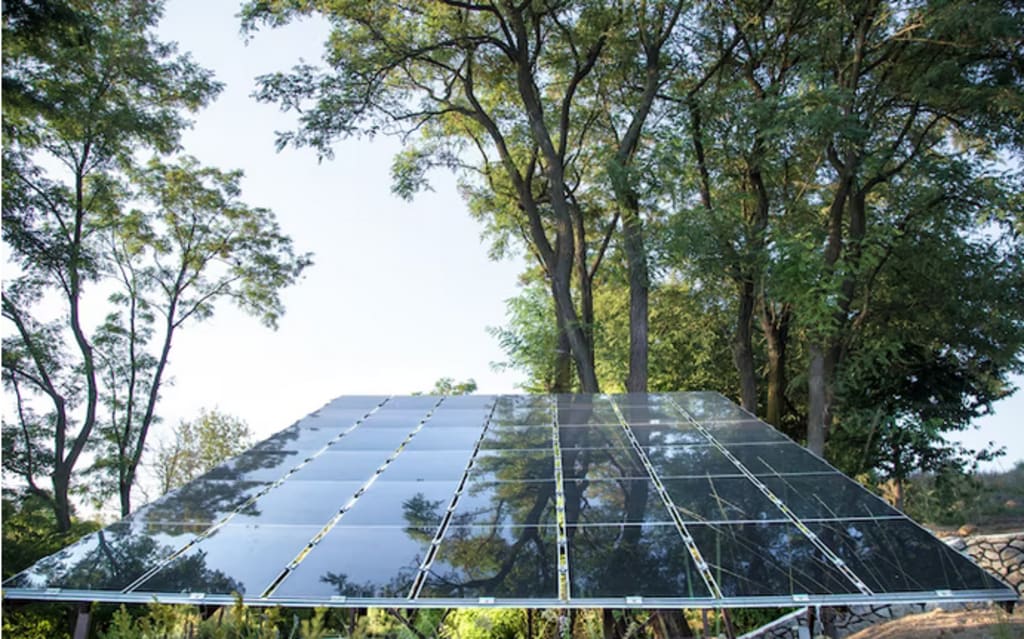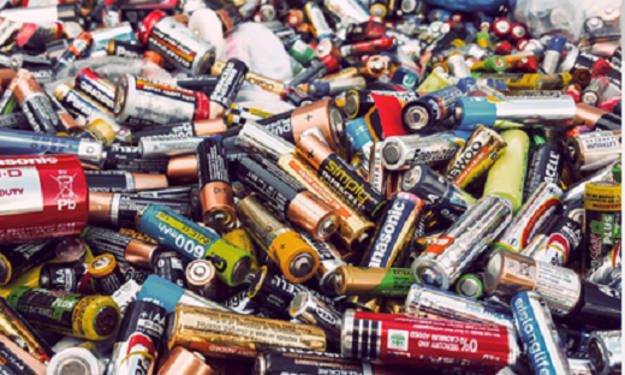The future of solar panel disposal: A comprehensive guide to responsible recycling
panel disposal

Introduction
Solar energy is a rapidly growing source of renewable energy worldwide. As the number of solar panels in use continues to increase, so does the need for responsible disposal of these panels when they reach the end of their useful life. The disposal of solar panels can have significant environmental impacts, including the release of toxic chemicals and the generation of waste. In this article, we will explore the future of solar panel disposal and the importance of responsible recycling.
The Environmental Impact of Solar Panel Disposal
Solar panels contain a variety of materials, including glass, aluminum, and silicon. While these materials can be recycled and reused, the improper disposal of solar panels can have negative environmental impacts. When solar panels are not properly disposed of, they can release toxic chemicals into the environment, such as lead, cadmium, and chromium. These chemicals can contaminate soil and water, and pose a risk to human health.
Additionally, the disposal of solar panels can generate waste. While solar panels are designed to last for decades, they will eventually need to be replaced. As the number of solar panels in use continues to grow, so does the amount of waste generated when these panels reach the end of their useful life. This waste can end up in landfills, where it can take hundreds of years to decompose.
The Importance of Responsible Recycling
To address the environmental impacts of solar panel disposal, responsible recycling is critical. Recycling can help reduce waste, minimize the need for new materials, and promote sustainability. Additionally, recycling can help prevent the release of toxic chemicals into the environment.
When solar panels are recycled, the materials they contain can be extracted and reused. Glass, aluminum, and silicon can all be separated and recycled. Additionally, some of the materials used in solar panels, such as silicon, are in high demand for other industries, such as electronics and construction.
The Future of Solar Panel Disposal
The future of solar panel disposal is focused on responsible recycling and sustainable practices. Governments and industry organizations are increasingly recognizing the importance of responsible recycling and are implementing policies and guidelines to promote it.
For example, the European Union has adopted the Waste Electrical and Electronic Equipment (WEEE) directive, which requires the recycling of solar panels and other electronic devices. Additionally, the International Renewable Energy Agency (IRENA) has developed guidelines for the sustainable end-of-life management of solar PV systems.
In addition to policy and guidelines, innovation and technology are also driving the future of solar panel disposal. Researchers and companies are exploring new ways to recycle solar panels and extract valuable materials. For example, some companies are developing processes to extract silver and copper from solar panels, which can be used in the production of new panels.
Frequently Asked Questions about Solar Panel Recycling
Q: How can I recycle my old solar panels?
A: It is important to work with a reputable solar panel recycling company that can handle the specific type of panel you have. Many recycling companies offer on-site pickup services, or you can drop off your panels at a designated recycling facility.
Q: Can all solar panels be recycled?
A: While most solar panels can be recycled, the recycling process can vary depending on the type of panel. Some older solar panels may contain hazardous materials such as cadmium, which can require special handling during the recycling process.
Q: What happens to solar panels that are not recycled?
A: Solar panels that are not recycled can end up in landfills, where they can release toxic chemicals into the environment over time. Additionally, the materials in these panels are not being reused, which can contribute to the environmental impact of mining and manufacturing processes.
Conclusion
The future of solar panel disposal is focused on responsible recycling and sustainable practices. Recycling can help reduce waste, minimize the need for new materials, and promote sustainability. Additionally, recycling can help prevent the release of toxic chemicals into the environment. Governments and industry organizations are implementing policies and guidelines to promote responsible recycling, and innovation and technology are driving new ways to recycle solar panels and extract valuable materials. It is important to work with a reputable solar panel recycling company that can handle the specific type of panel you have and ensure that it is properly recycled. By promoting responsible recycling, we can reduce waste, promote sustainability, and minimize the environmental impact of solar energy.
About the Creator
Enjoyed the story? Support the Creator.
Subscribe for free to receive all their stories in your feed. You could also pledge your support or give them a one-off tip, letting them know you appreciate their work.





Comments
There are no comments for this story
Be the first to respond and start the conversation.